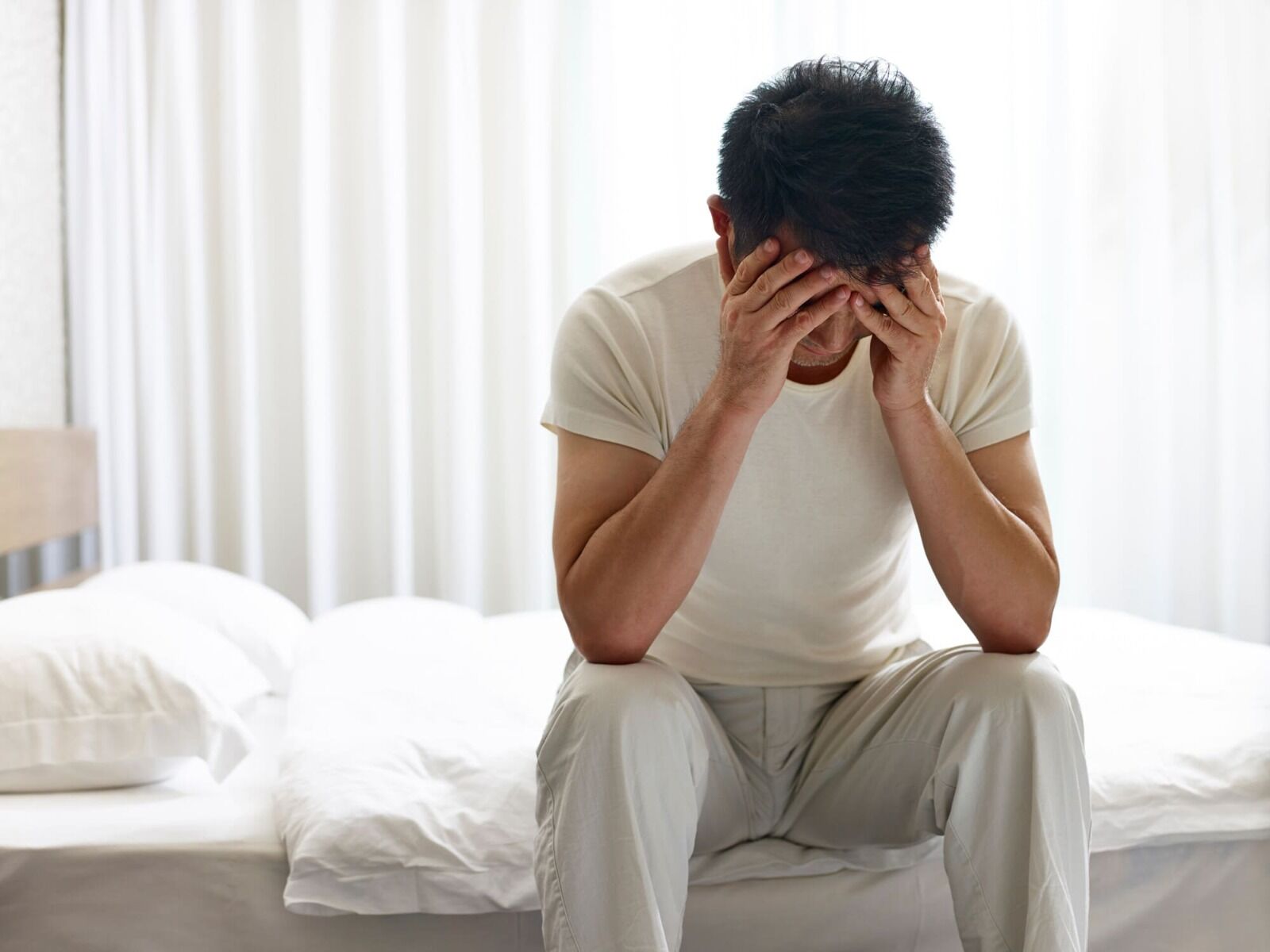One in three young Indians suffers from sleep disorder

New Delhi: One in three young Indians is suffering from sleep disorder. Experts have pressed an alarm button, calling it a big public health crisis in India.
In a conference of neurologists in New Delhi, the problems of insomnia, delayed sleep phase disorder, and non-restorative sleep have emerged as major problems in young Indians.
“The problems of sleep in India have doubled in the last 15 years. It is a silent epidemic and a larger public health crisis. If left unaddressed, this problem will become a significant burden on the nation’s healthcare and economic system,” said Dr Kunal Bahrani, senior neurologist.
Why are young people having sleep issues?
In multiple studies carried out in India, including the All India Institute of Medical Sciences, New Delhi, from the year 2010 to 2022, there have been multiple reasons found for sleep problems in young Indians.
The 16-24 age group is particularly vulnerable due to a combination of factors:
Academic and social pressure
Hormonal changes
Excessive screen time * Irregular sleep schedules, exacerbated by the post-COVID era.
According to Dr. Bahrani, the most common disorders seen in this age group include insomnia, Delayed Sleep Phase Disorder, Restless Legs Syndrome, non-restorative sleep, and sleep apnea, which is increasingly affecting overweight youth. The consequences of this “sleep deprivation” are severe and have serious neurological and cognitive impacts.
These include:
Reduced memory and learning capacity
Poor emotional regulation, leading to mood swings and anxiety
Lowered attention span and focus
Increased risk of migraines and neurological burnout
Potential long-term changes in brain plasticity.
Dr. Bahrani recommends a non-pharmacological approach to treatment first, which includes Cognitive Behavioural Therapy for Insomnia (CBT-I), circadian rhythm regulation, digital curfews, and relaxation techniques. Medications are reserved for necessary, short-term use.
To combat this growing crisis, Dr. Bahrani offered preventive advice for both youth and their parents:
Maintain a consistent sleep-wake cycle, even on weekends.
Avoid screens for at least an hour before bedtime to mitigate the effects of blue light.
Reduce caffeine intake, especially after 2 PM, due to its long half-life.
Establish a calming pre-sleep routine.
Emphasize that sleep is not optional but a central part of overall well-being.
Source link

